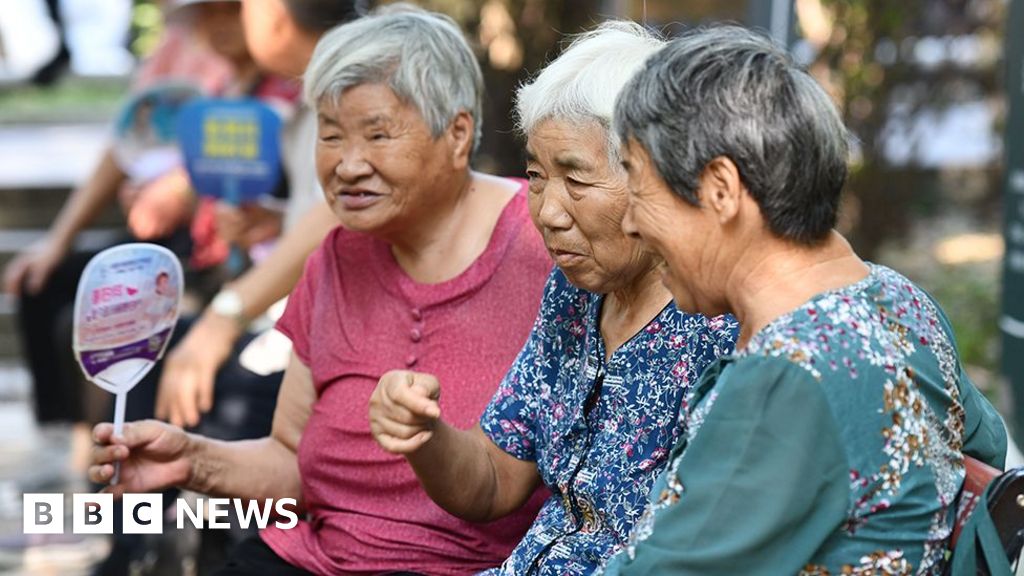China will “gradually raise” its retirement age for the first time since the 1950s, as the country confronts an ageing population and a dwindling pension budget.
The top legislative body on Friday approved proposals to raise the statutory retirement age from 50 to 55 for women in blue-collar jobs, and from 55 to 58 for females in white-collar jobs.
Men will see an increase from 60 to 63.
China’s current retirement ages are among the lowest in the world.
According to the plan passed on Friday, the change will set in from 1 January 2025, with the respective retirement ages raised every few months over the next 15 years, said Chinese state media.
Retiring before the statutory age will not be allowed, state news agency Xinhua reported, although people can delay their retirement by no more than three years.
Starting 2030, employees will also have to make more contributions to the social security system in order to receive pensions. By 2039, they would have to clock 20 years of contributions to access their pensions.
The state-run Chinese Academy of Social Sciences said in 2019 that the country’s main state pension fund will run out of money by 2035 – and that was an estimate before the Covid-19 pandemic, which hit China’s economy hard.
The plan to raise retirement ages and adjust the pension policy was based on “a comprehensive assessment of the average life expectancy, health conditions, the population structure, the level of education and workforce supply in China,” Xinhua reported.
But the announcement has drawn some scepticism and discontent on the Chinese internet.
“In the next 10 years, there will be another bill that will delay retirement until we are 80,” one user wrote on a Chinese social media site Weibo.
“What a miserable year! Middle-aged workers are faced with pay cuts and raised retirement ages. Those who are unemployed find it increasingly difficult to get jobs,” another chimed in.
Others said they had anticipated the announcement.
“This was expected, there isn’t much to discuss.
“Men in most European countries retire when they are 65 or 67, while women do at 60. This is going to be the trend in our country as well,” one Weibo user said.
China’s huge population has fallen for a second consecutive year in 2023 as its birth rate continues to decline. Meanwhile, its average life expectancy has risen to 78.2 years, officials said earlier this year.
A slowing economy, shrinking government benefits and a decades-long one-child policy have created a creeping demographic crisis in China, our China correspondent Laura Bicker wrote earlier this year.
China’s pension pot is running dry and the country is running out of time to build enough of a fund to care for the growing number of elderly.
Over the next decade, about 300 million people, who are currently aged 50 to 60, are set to leave the Chinese workforce. This is the country’s largest age group, nearly equivalent to the size of the US population.
So who will look after them? The answer depends on where you go and who you ask.

